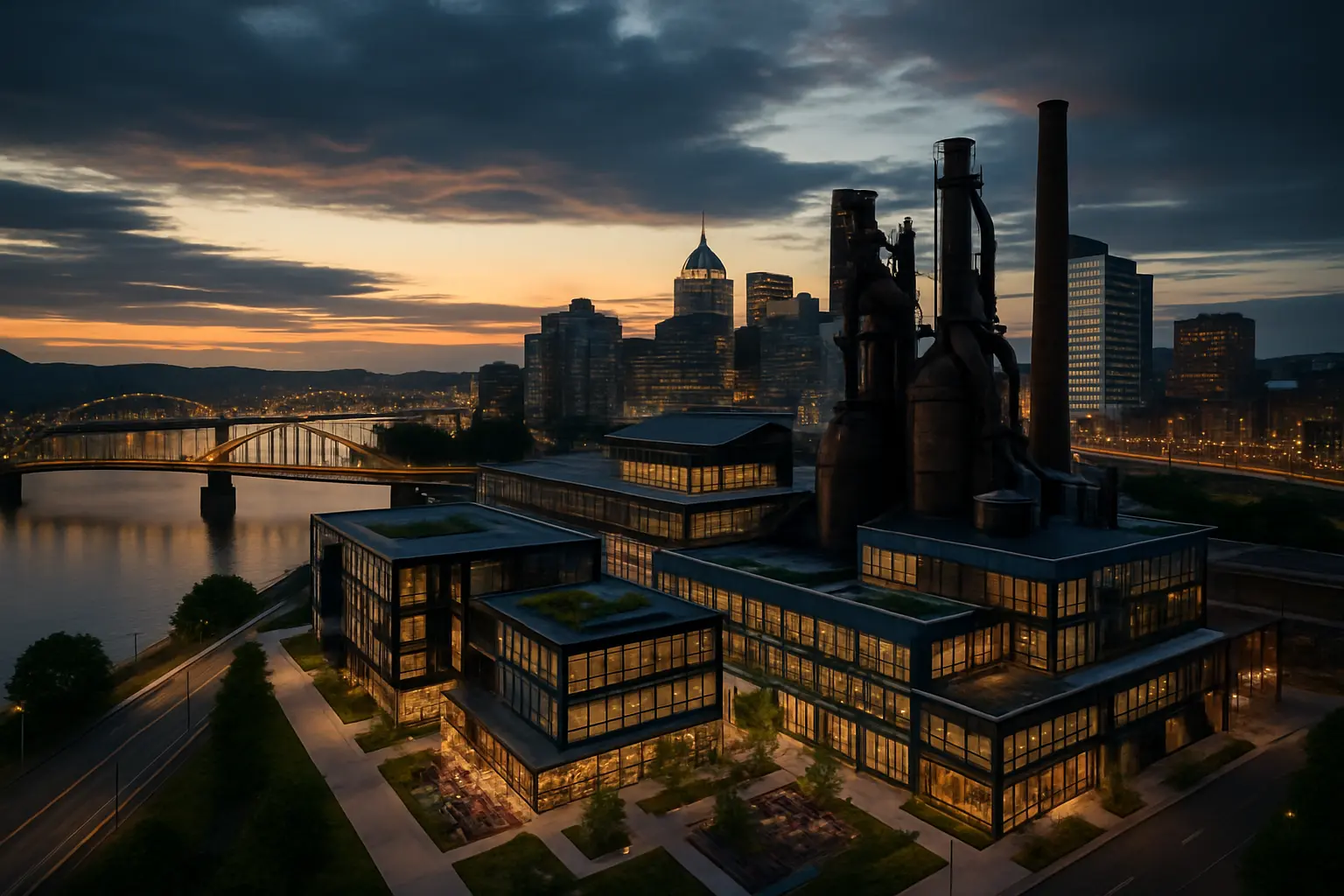From Steel to Silicon: Pittsburgh's Transformation into a Mixed-Use Real Estate Haven
Discover how the Steel City's industrial past has created unique opportunities for savvy investors and homeowners in today's dynamic market.

The Evolution of Pittsburgh's Real Estate Landscape
Pittsburgh's transformation from industrial heavyweight to innovation hub represents one of the most remarkable urban renewals in recent American history. Former steel mills and warehouses that once defined the city's industrial might are now finding new life as vibrant mixed-use communities, breathing fresh energy into historic neighborhoods.
The Strip District, once dominated by wholesale produce warehouses, has emerged as a prime example of successful mixed-use development. Historic buildings now house tech startups on upper floors while maintaining vibrant street-level retail and dining establishments, creating a perfect blend of old and new Pittsburgh.
Smart Investment Strategies
Understanding the unique dynamics of Pittsburgh's mixed-use developments is crucial for successful investment. Here are key strategies that have proven effective:
- Location Targeting: Focus on neighborhoods with strong connectivity to downtown and emerging tech hubs
- Historic Value: Seek properties with architectural character that can be modernized while preserving historic elements
- Mixed-Use Synergy: Prioritize developments that balance residential, retail, and office space
- Community Integration: Look for projects that enhance neighborhood walkability and community engagement
Investment Opportunities by District
Each Pittsburgh neighborhood offers unique investment potential:
- Lawrenceville: Tech-focused developments with strong residential demand
- East Liberty: Retail-residential combinations with growing market appreciation
- South Side Works: Entertainment-focused mixed-use opportunities
Success Stories
The transformation of the Bakery Square development has shown how thoughtful mixed-use planning can create thriving micro-communities within the city.
Local success stories abound in Pittsburgh's revitalized districts. The conversion of the former Nabisco factory into Bakery Square stands as a testament to successful mixed-use development, now home to tech companies, luxury apartments, and popular retail establishments.
Notable Achievements
- A former steel mill transformed into a sustainable technology campus with residential lofts
- Historic warehouse conversions creating unique living and working spaces
- New construction projects seamlessly blending with restored industrial architecture
Market Forecast
Pittsburgh's real estate market shows strong indicators for continued growth in the mixed-use sector. Key factors driving this trend include:
- Increasing demand for walkable, amenity-rich neighborhoods
- Growing tech sector employment driving residential needs
- Strong university presence supporting innovation districts
- Affordable market entry points compared to other major tech hubs
Investment Outlook: The combination of historic architecture, growing tech presence, and strategic urban planning positions Pittsburgh's mixed-use developments for strong returns. The city's commitment to sustainable development and smart growth principles further enhances the long-term value proposition for investors and homeowners alike.
As Pittsburgh continues its evolution, the opportunity to participate in its transformation through mixed-use real estate investment remains compelling. The city's unique blend of industrial heritage and innovation-driven future creates a real estate market unlike any other in America.


